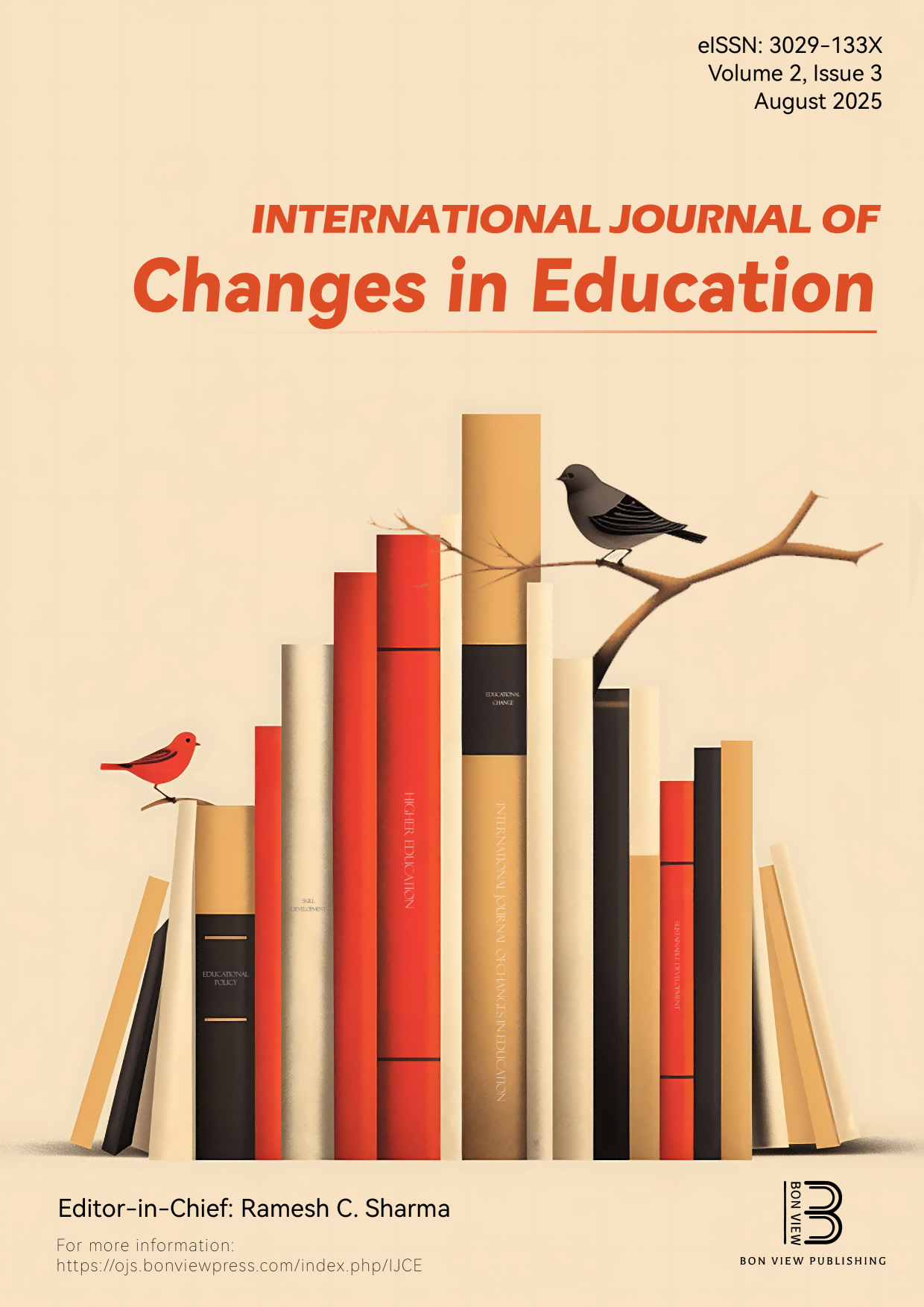Impact of Educational Policies and Reforms on Human Capital Development in Rwanda
DOI:
https://doi.org/10.47852/bonviewIJCE52023747Keywords:
continuous professional development, competence-based curriculum, education for development, ICT in education, learning by doingAbstract
Rwanda, a landlocked country in East Africa, has undergone a remarkable transformation in the decades following the 1994 genocide against Tutsi. The investment made in the technology and education system is a means of fostering the development of human capital. Thus, recognizing the role of education in the achievement of human capital development, the country has undertaken significant education reforms and policy initiatives in recent years to improve the quality and accessibility of education across the country. Therefore, this study aimed at examining the extent to which educational policies and reforms contributed to human capital development. Conducted in 30 districts, the study employed a cross-sectional survey research design under an explanatory quantitative research approach to collect data from 310 teacher respondents. The data collected were analyzed using bivariate correlation and regression analyses. The findings revealed a positive and significant relationship (p < 0.05) between current educational policies and reforms on the development of human capital in Rwanda. Additionally, the linear regression model indicated that the implementation of the competence-based curriculum (CBC) (β = 0.207, p < 0.5), designed content in the CBC (β = 0.364, p < 0.05), the infrastructure and resources (β = 0.151, p < 0.05), and the provided teaching and learning materials (β = 0.113, p < 0.05) contributed significantly to human capital development in Rwanda. They contributed 35.6% (adjusted R2 = 0.356, p < 0.05) of the variance. Recommendations include regular teacher training programs on innovative teaching approaches, information and communication technology integration in teaching and learning, inclusive education, and gender-responsive pedagogy, as well as planning activities that involve student engagement directly, such as diverse competitions in their respective subjects and field visits.
Received: 2 July 2024 | Revised: 19 November 2024 | Accepted: 14 January 2025
Conflicts of Interest
The authors declare that they have no conflicts of interest to this work.
Data Availability Statement
The data that support this work are available upon reasonable request to the corresponding author.
Author Contribution Statement
Aimable Sibomana: Conceptualization, Methodology, Formal analysis. Louis Havugiyaremye: Conceptualization, Writing – orginal draft. Emmanuel Bizimana: Formal analysis, Validation, Writing – review & editing. Pancras Ndokoye: Investigation, Resources, Project administration.
Downloads
Published
Issue
Section
License
Copyright (c) 2025 Authors

This work is licensed under a Creative Commons Attribution 4.0 International License.


